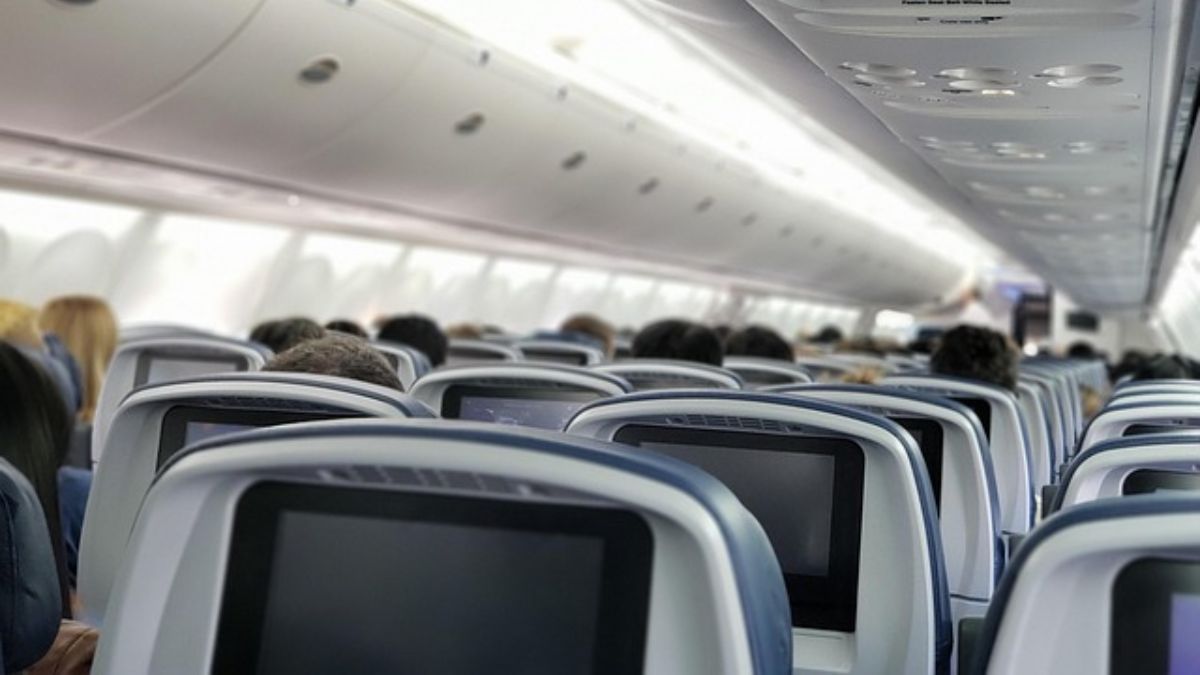Call it fate. Or a strange twist of luck.
Seat 11A, usually the last pick for most air travellers, ended up being the one thing that saved a man’s life in one of India’s deadliest aviation disasters.
On June 12, Air India Flight AI171 took off from Ahmedabad for London. But just minutes after takeoff, the plane sent out a ‘Mayday’ call, lost contact with air traffic control, and crashed beyond the airport perimeter, killing 241 of the 242 people on board.
Only one man survived. Vishwas Kumar Ramesh, a British-Indian man, who miraculously walked away alive from the wreckage, thanks, it seems, to the very seat that most passengers try to avoid.
But why is 11A the ‘most hated’ seat?
Seat 11A has long carried a bad rep among frequent flyers—and for good reason.
According to flight attendants at American Airlines, seats 11A and 11F are ones passengers often grumble about. Speaking to The Sun last year, they explained that travellers in these seats usually end up being the last to deboard, since they’re positioned right in the middle of the aircraft.
“If you’re looking for a quick exit, avoid row 11 at all costs,” they said.
And that’s not the only downside. Reports suggest that this row is also known for being noisier, more exposed to foot traffic, and subject to colder drafts. All of these factors make 11A a less-than-ideal spot, especially on long-haul flights.
But perhaps what passengers dislike most is the fact that 11A is often dubbed the “window seat without a window.”
Thanks to the placement of internal components like air conditioning ducts or structural reinforcements, certain seats, especially those around the wings, like 9A, 10A, 11A and 12A, sometimes don’t have windows at all. It’s a quirk particularly common on Boeing 737 aircraft.
The result? Disappointed passengers who booked a window seat only to find a blank wall next to them.
Over time, seat 11A has gained infamy online as the “windowless window seat,” with many travellers sharing their frustration.
But this very seat, mocked and avoided by many, may have played a life-saving role. Since Vishwas Ramesh’s miraculous survival was linked to 11A, people are now wondering if the seat deserves a new name: the “Miracle Seat.”
How Seat 11A became Vishwas’s ’lucky charm’
Speaking from his hospital bed, Vishwas Ramesh recalled the surreal moment he realised he was still alive after the Air India crash.
“I’ve no idea how I survived. For a while, I thought I was dying too. But when I opened my eyes, I tried to get out. I saw the gate was broken and there was a small gap—I jumped through it,” he told DD News, still visibly shaken.
According to NDTV, which analysed the seating layout of the Boeing 787-8 Dreamliner, Ramesh’s seat 11A was located in the first row of the economy section, just behind business class and close to the left-side emergency exits.
That positioning may have made all the difference.
When the plane went down, the front-left section of the aircraft, where seat 11A is located, crashed into the ground floor of the building it struck. The upper levels, meanwhile, took the brunt of the impact and fire. That meant Ramesh’s part of the fuselage remained somewhat intact, giving him a sliver of a chance.
“The side where I was seated fell into the ground floor of the building,” he said. “There was some space. When the door broke, I saw that space and I just jumped out.”
He believes the emergency door gave way during the crash. “The door must’ve broken on impact. There was a wall on the opposite side, but near me, it was open. I ran. I don’t know how.”
He’s now under 24/7 observation in bed 11 of Ward B7 at Ahmedabad Civil Hospital, guarded by both the Gujarat Anti-Terrorism Squad and the city crime branch.
On Friday, Prime Minister Narendra Modi visited the hospital to meet him personally.
Vishwas, who grew up in India before moving to the UK, was travelling back home with his brother Ajay, who did not survive the crash.
With input from agencies
)